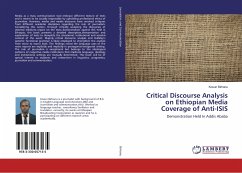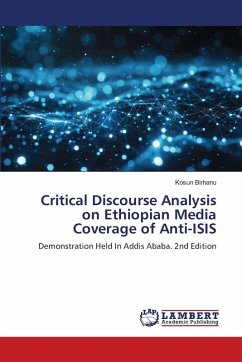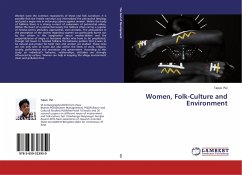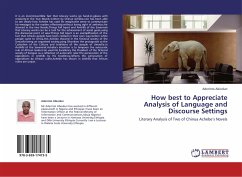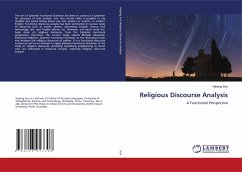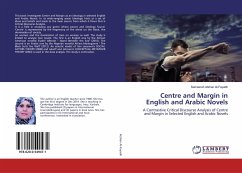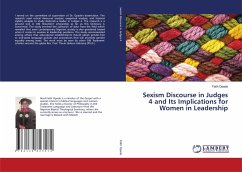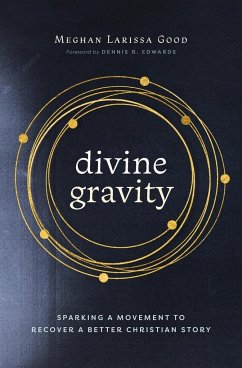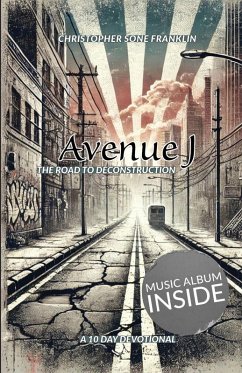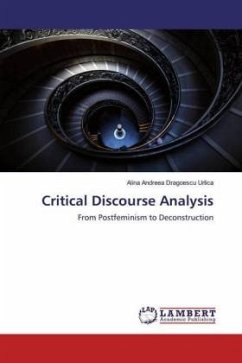
Critical Discourse Analysis
From Postfeminism to Deconstruction
Versandkostenfrei!
Versandfertig in 6-10 Tagen
29,99 €
inkl. MwSt.

PAYBACK Punkte
15 °P sammeln!
This book investigates the alliance between deconstruction and feminism, highlighting some of the subversive strategies employed by both of these discursive modalities to undercut mainstream cultural clichés. Arguably, both types of discourse may be interpreted as synergistic effects of postmodernism, as they join forces to expose the construction of feminine/human nature, identity, and gender through discourses and other semiotic practices. Both lines of argument address some disquieting issues which present themselves as specifically postmodern, especially the cultural construction of natur...
This book investigates the alliance between deconstruction and feminism, highlighting some of the subversive strategies employed by both of these discursive modalities to undercut mainstream cultural clichés. Arguably, both types of discourse may be interpreted as synergistic effects of postmodernism, as they join forces to expose the construction of feminine/human nature, identity, and gender through discourses and other semiotic practices. Both lines of argument address some disquieting issues which present themselves as specifically postmodern, especially the cultural construction of nature, which is subjected to deconstructionist and ecocritical analysis. In examining the relation of latter-day feminisms (ecofeminism) to the postmodern project of deconstruction, this book addresses the question whether any kind of feminist discourse is possible, given the "death of the subject". Paradoxically, the very constituency through which any feminist discourse defines itself - i.e. woman or femininity - does seem to hold its position, in spite of its deconstructive "mise sous rature".



